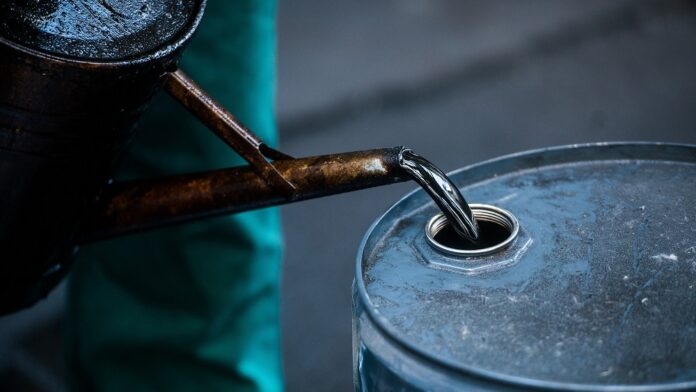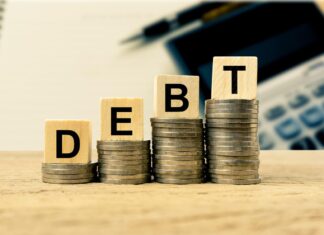Pakistan consumes more than 21 million tonnes of petroleum products, of which roughly 80% are imported, while the remaining is refined locally. Dependence on a key energy source is a sovereignty issue now, as Pakistan continues to struggle with bridging its external deficit to meet its energy requirements while remaining susceptible to a sovereign default. The crisis can be managed, but this is the time for course correction, and to take policy decisions that enhance energy security as well as the welfare of people, rather than repeating the same mistakes as if it’s a groundhog day.
Roughly 80% of all oil consumed in the country is within the transport sector, which covers cars, motorcycles, trucks, buses, and so on. In effect, the demand for imported oil is largely driven by the transport sector. As urbanisation increases, and so does urban sprawl, the demand for oil is only going to increase further if the same is not contained through policy changes.
Looking at further granular data, the country also has more than 24-million motorcycles on the road, while there are more than four-million cars. It is estimated that roughly 40% of all petrol consumed in the country is by motorcycles. Most vehicles are concentrated within major cities across the country. Assuming that all vehicle owners are part of the labour force, roughly 33% of this force relies on one form of private transport or other. As the labour force expands, so will the number of vehicles on the road, resulting in higher oil consumption, and other externalities.
A radical shift from private transport to public transport is required if we need to ensure energy security and reorient our trade bill and deficit position. This will also ensure higher disposable income for the labour force as the overall cost of transportation would reduce. If public welfare and avoidance of yet another balance of payments crisis are at the heart of the government, they will start investing heavily in public transportation infrastructure.
In the early part of the year, the government spent almost PKR 300 billion on subsidising petrol. If high-impact funds allocation was a target, then the same could have been deployed to launch at least eight mega transportation projects across the country, assuming a project cost of PKR 35 billion for the recently inaugurated Green Line in Karachi. A version of Green Line needs to be standardised, localised and replicated across the country. If the economic incentive exists, there will be a gradual shift from private vehicles toward public transportation, eventually, ridership will increase as can be seen in the case of public transit infrastructure across the country.
The same can be funded through taxes collected from fuel, if it is ring-fenced, and exclusively used to fund public transit infrastructure. The targeted petroleum development levy is around PKR 750 billion for the current fiscal year. If even half of this amount is ring-fenced for public transportation then it is entirely possible to change the behaviours of commuters, and eventually, reduce reliance on imported oil. Ring-fencing of this amount for public transport infrastructure can finance more than nine extensive mass transit projects.
Similarly, diesel is primarily used by the logistics industry. As the country develops, and the overall trade quantum grows, the requirement for diesel is only going to increase further. There is an urgent need to gradually transition towards using railways for cross-country transportation, which would require the revitalisation of Pakistan Railways, which handles less than 5% of total trade in the country. Revitalisation of the railway network will not only reduce the overall cost of transportation but would also reduce reliance on imported fuel. The same can also be funded through already existing taxes on diesel. This would require some tough political decisions, which would include reforming the Pakistan Railways, as well as dealing with the vested interests in the logistics industry, particularly quasi-state players operating in the area.
The era of near-zero interest rates is over, and reliance on external debt to fund deficits and projects is only going to get more expensive. Project development and execution need to be nimble, highly localised, and easily replicable to enable scalability with minimal foreign currency components. The country needs a public transportation enthusiast to execute a national plan on an emergency basis. The upcoming global recession can be a blessing in disguise as a reduction in commodity prices would enable the availability of greater fiscal room to fund such public transport projects across the country. There is a transportation emergency, missing the upcoming trough in the business cycle to reform will keep the country susceptible to a boom-bust cycle, potentially leading to a default within the next few years, if not earlier.
























